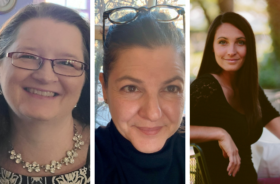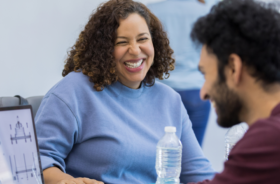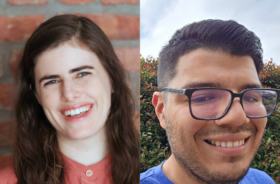Webinars
Past Recordings
Mental Health Through a Neurodivergent Lens
-
- May 23, 12:00 pm-12:45 pm CST
- Watch the recording
Future-Proofing Your Workforce: Why Neuroinclusion is Essential for Business Success
-
- May 7, 1:30 pm-2:15 am CST
- Watch the recording
Autism Explored: Complete Human Perspectives
-
- Apr 24, 12:00 pm-12:45 pm CST
- Watch the recording


